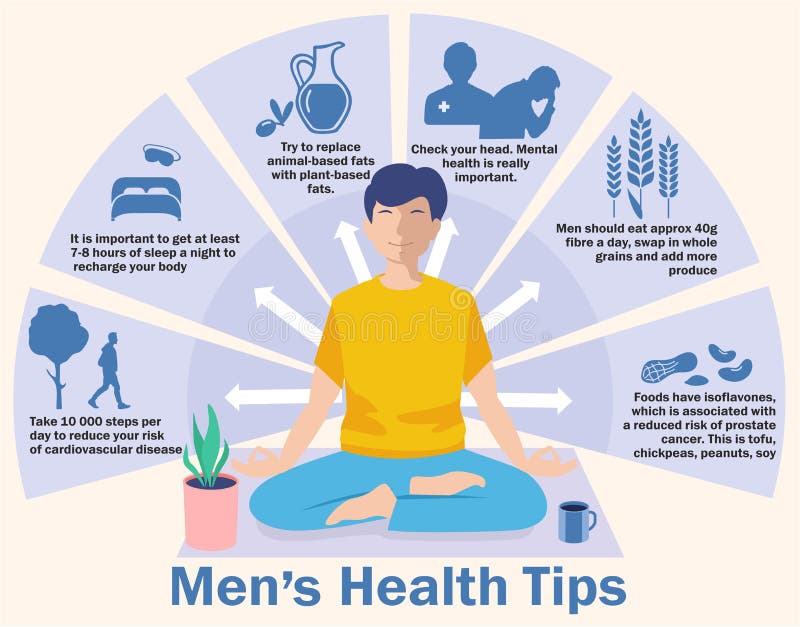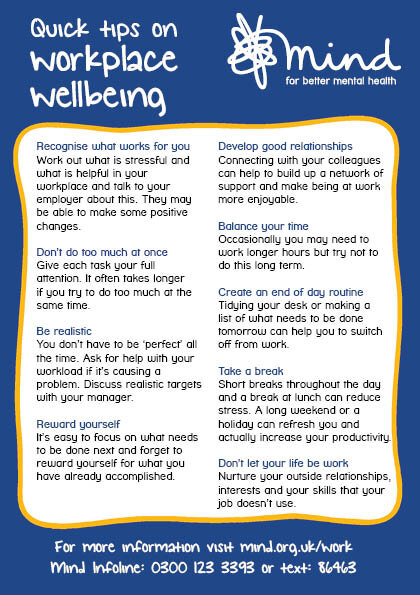1. Limit drinks that contain sugar
American diets include sugary drinks such a soda sweetened teas, sweetened fruit juices, as well as sweetened beverages like sweetened teas. Numerous studies reveal that sugar-sweetened drinks increase the risk of heart disease and type 2 diabetes even for those with a low body fat. Children are at a higher risk from drinks that contain sugar. They may cause obesity and other conditions which usually do not develop until the age of adulthood. Healthier alternatives include:
Water
Unsweetened teas
sparkling water
Coffee
2. Sleep enough
Quality sleep is crucial. Sleeping in a bad way can result in insulin resistance, affect your appetite hormones, diminish mental and physical performance, and can result in a loss of mind. Sleep deprivation is also one of the most significant risk factors for obesity and weight gain. People who do not get enough sleep tend to choose foods that are higher in sugar, fat, and calories, and could lead to unintended weight gain (28Trusted Source 29Trusted Source). Have a look at this useful Research article for free advice.

3. Hydration is a key indicator of healthy well-being. Being hydrated will ensure that your body's functioning well and your blood volume is sufficient. Drinking plenty of water is the most effective method to stay hydrated since it's devoid of calories, sugar and additives. While there's no standard amount everyone should drink ensure that you drink enough water to quench your thirst. 35Trusted Source
4. Beware of bright lights prior to bedtime
When you're exposed lights -- which contain blue light wavelengths in the evening it can disrupt the production of sleep hormone melatonin. Some ways to help reduce the amount of blue light exposure you are to wear blue light blocking glasses particularly if you use a computer or other screen that is digital for extended periods of time and avoid digital screens for 30 minutes to an hour prior to going to bed. This can increase the body's ability to make melatonin more naturally and will enhance your sleep quality.
5. Get plenty of fruits and vegetable-rich dishes
A wide variety of fruits and vegetables are rich in vitamins, minerals, antioxidants and prebiotic fiber. They also contain vitamins. Studies have shown that people who consume more fruits, vegetables and vitamins are more healthy, live longer and less likely to be diagnosed with obesity, heart disease and other illnesses. See this updated trustworthy ai advice.

6. Eat adequate proteinEating sufficient protein is crucial to maintain optimal health as it supplies the essential raw materials the body requires to make new tissues and cells. What's more, this nutrient is particularly essential for maintaining the body's weight in a healthy range. A high protein intake can boost your metabolic rate or the rate at which calories are burned -- while making you feel full. It also helps to reduce cravings and also the urge to snack late at nights.
7. Get moving!
Aerobic exercise or cardio is one of best ways to improve your mental and physical wellbeing. It is especially effective in reducing belly fat, which is the unhealthy fat that builds up around organs. Reduced belly fat may lead to significant improvements in the health of your metabolism. According to the Physical Activity Guidelines of Americans every week, you should be able to do at least 150 minutes moderate intensity activity.
8. Lift heavy weights
Building your muscles, and improving your body's composition can be achieved through strength and resistance training. It also helps boost your metabolism by reducing your blood sugar levels and boosting the rate of metabolism. If you don't have weights, try using your own bodyweight, or resistance bands to create resistance. Similar advantages are also available. Resistance training should be performed at least twice a week, according to the Physical Activity Guidelines for Americans. Have a look at this updated Reduce stress advice.

9. Reduce excess belly fat. Visceral fat (or abdominal fat) is a particularly dangerous type of distribution of fat. It's associated with an increased risk of cardiovascular illnesses like type 2 heart disease and diabetes. The size of your waist and waist-to-hip ratio are more likely to be a better indicator of your health than your weight. It is possible to lose belly fat by cutting refined carbs, increasing fiber intake and protein intake, as well as decreasing stress (which can lower cortisol (a stress hormone that causes abdominal fat accumulation).
10. Meditate
Stress can be detrimental to your health. It can affect your blood sugar levels, your food choices, susceptibility to illness as well as weight loss, fat distribution, and more. It is essential to discover ways to reduce stress in a healthy way. Meditation is an example of a healthy way to manage stress. The scientific evidence supports its use for improving your health and managing stress. A study of 48 people with high blood sugar or type 2 diabetes or both found that meditation can lower LDL cholesterol as well as inflammation than the group that was not meditating. In addition, meditation participants had better physical and mental health.
The bottom line
You can make a significant impact on your diet and overall health by taking some simple steps. If you're trying to be healthier take a look beyond the food you consume. It's important to get enough rest and exercise as well as maintain strong social interactions. These scientifically-proven guidelines can be applied easily to have a major impact on your overall well-being.